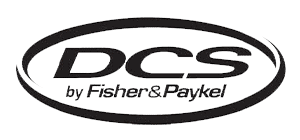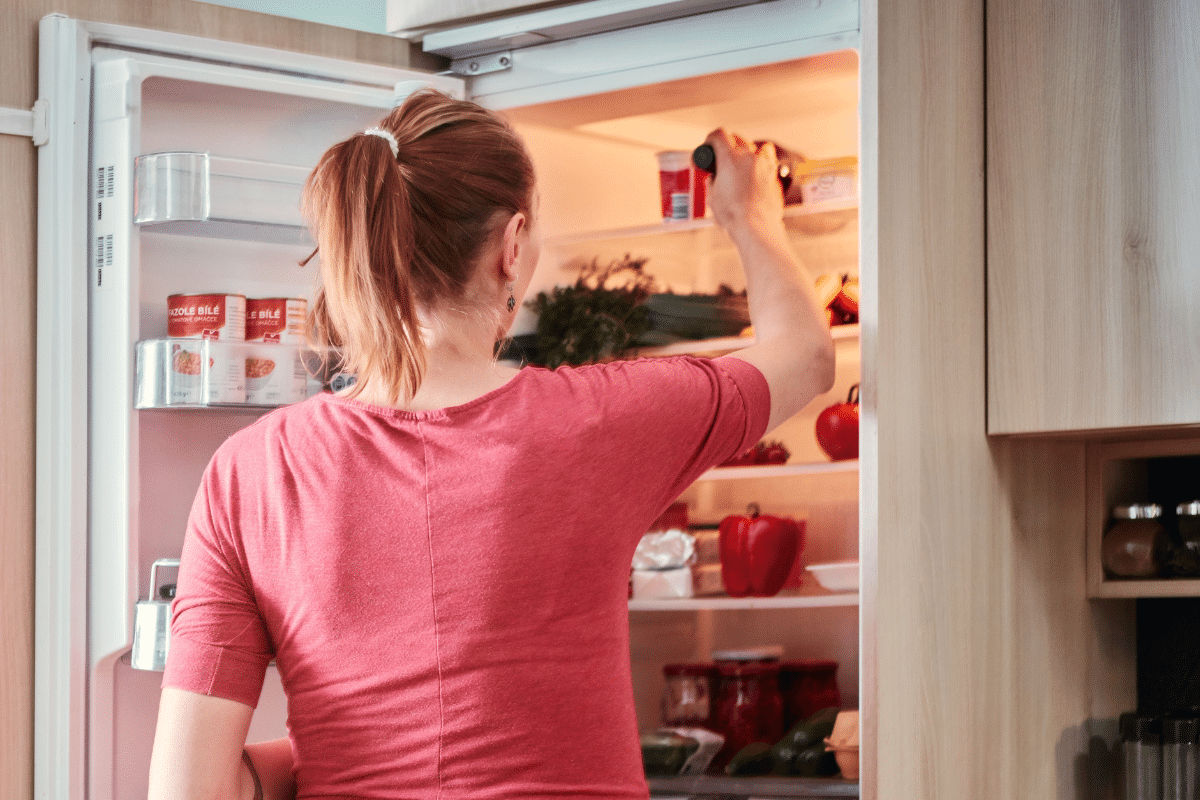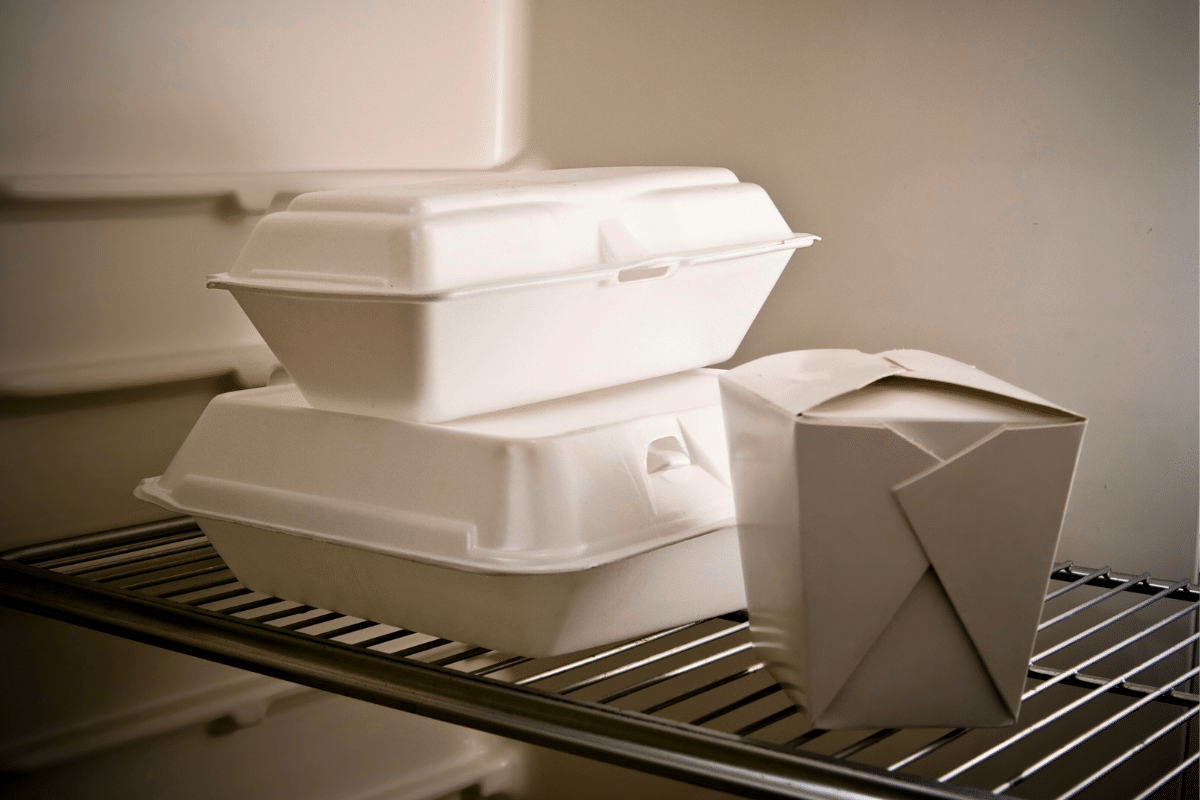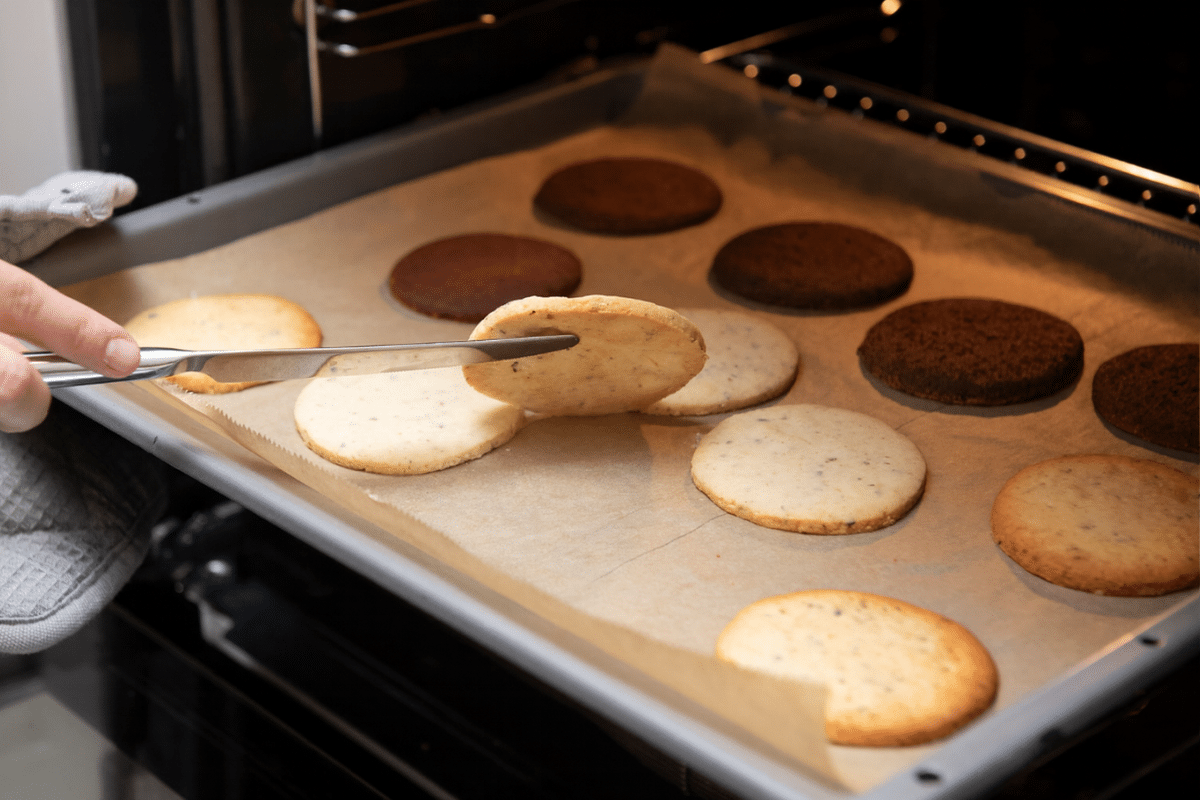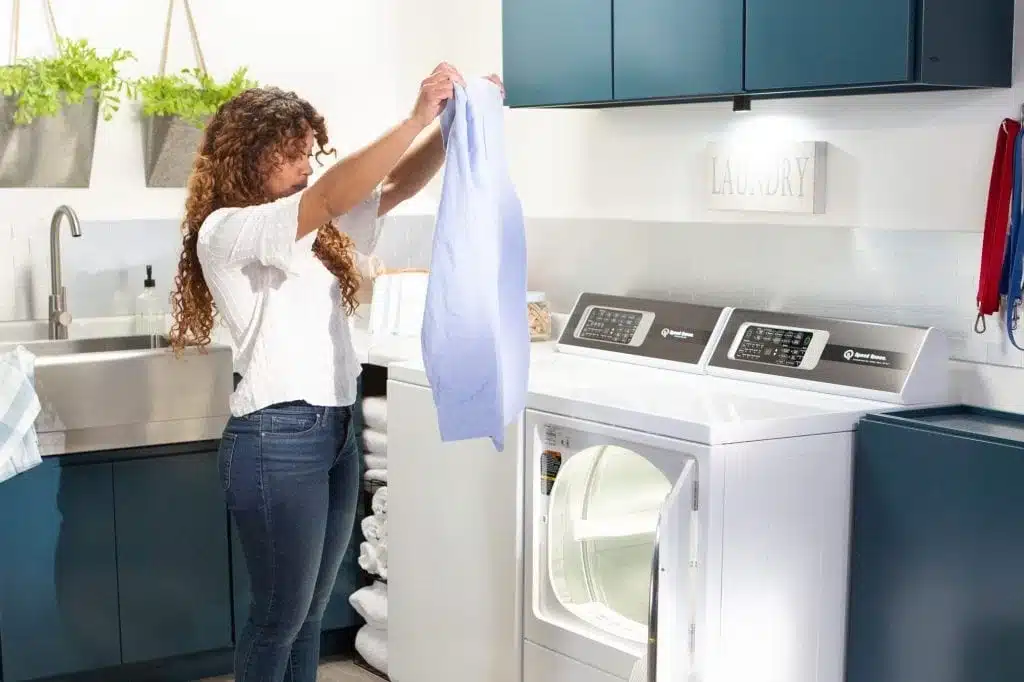When you notice that you have a freezer cold but fridge warm, it often feels confusing because both compartments rely on the same cooling system. This temperature imbalance can lead to spoiled food, wasted groceries, and potential food safety concerns.
Modern refrigerators depend on consistent airflow and precise temperature control, so when the fresh food section warms up while the freezer stays cold, something in the cooling process is being restricted or mismanaged. Identifying the cause quickly helps protect your food and reduces the risk of long-term damage to the appliance.
Freezer Cold but Fridge Warm: Common Causes
A refrigerator uses one cooling system to maintain temperatures in both compartments. Cool air typically originates in the freezer and then moves into the fridge through shared vents, controlled fans, and sensors. When this airflow is blocked, or when a component responsible for circulating or regulating that air fails, it leads to a freezer cold but fridge warm situation.
Understanding the most common causes helps you recognize why professional service is often necessary to restore proper function.
1. Dirty Condenser Coils

Condenser coils help release heat from the refrigerant so your appliance can maintain cold temperatures. When these coils become excessively dirty, heat cannot disperse properly, and the refrigerator may not cool the fridge section efficiently. This can contribute to a freezer cold but fridge warm situation as the system struggles to move heat effectively. Dirty coils force the appliance to work harder, increasing strain on the compressor and reducing overall cooling performance.
Before coils become overly dirty, you may notice symptoms such as:
- Warm refrigerator temperatures, while the freezer seems normal
- A running compressor that cycles more than usual
- Reduced cooling performance after heavy use
If you are unsure how to care for your coils, you can review guidance on how to clean refrigerator coils. Regular attention to these coils supports better efficiency and extends the life of the appliance.
Even with proper maintenance, significantly restricted coils or underlying mechanical issues require professional service to ensure cooling performance returns to normal.
2. Blocked Air Vents
Refrigerators depend on open air channels that allow cold air to flow from the freezer into the fridge. When these vents become blocked, temperatures can shift quickly in the fresh food compartment, creating a freezer cold but fridge warm imbalance, even if the freezer appears unaffected. This type of blockage can be caused by everyday storage habits or moisture buildup.
Common signs of vent blockage include:
- Items stored directly over vent openings
- Uneven cooling throughout the shelves
- Noticeable airflow reduction when placing a hand near the vent area
A quick visual check (without removing panels or disassembling anything) can help identify whether stored items or packaging may be obstructing airflow. If the vents appear clear yet the temperature problem continues, a deeper mechanical issue is likely preventing the system from distributing air properly. This is best diagnosed by a Coquitlam appliance repair technician.
3. Faulty Evaporator Fan Motor
The evaporator fan motor pulls air across the evaporator coils and circulates that cold air throughout the appliance. If this motor fails or weakens, the freezer may still appear cold while the fridge becomes significantly warmer, often resulting in a freezer cold but fridge warm condition.
Common symptoms include:
- A fridge that takes a long time to cool
- The sound of the fan becomes unusually loud or completely silent
- Inconsistent temperatures that worsen over time
Because this component involves electrical connections and is located behind internal panels, only a professional should diagnose or replace the fan motor.
4. Frost or Ice Buildup Restricting Airflow
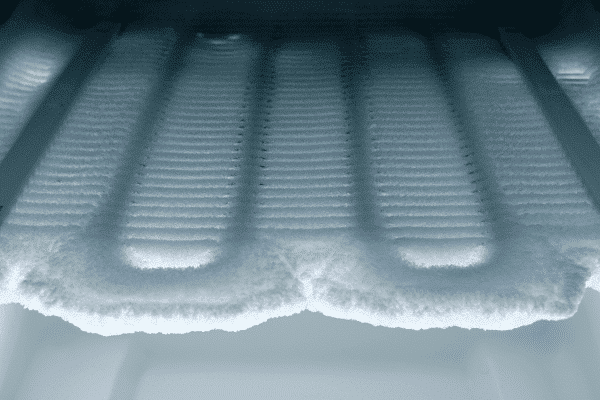
Even though most modern refrigerators have automatic defrosting systems, frost can still occasionally accumulate in certain areas of the freezer. When frost builds up around the evaporator or air passages, it can restrict airflow to the fridge and lead to a freezer cold but fridge warm imbalance.
You may observe:
- Visible frost around internal air ducts
- Reduced airflow coming from fridge vents
- Temperature fluctuations after heavy use or humid conditions
If this cooling issue affects items like prepared meals or stored dishes, it’s a good reminder to follow reliable food safety habits. You can review how to properly store leftovers to help reduce waste and maintain freshness. Also, avoid manually defrosting the refrigerator, as modern systems handle this automatically, and frost removal can hide the real problem. A technician should evaluate the cause to ensure the appliance cools correctly without further strain.
5. Thermistor or Temperature Sensor Issues
Temperature sensors help the control board manage cooling cycles. When a sensor provides inaccurate readings, the refrigerator may not cool the fridge compartment properly, often contributing to a freezer cold but fridge warm condition.
Typical signs include:
- Temperature swings in the fresh food section
- A compressor that runs longer or shorter than normal
- A fridge that never stabilizes
Because these sensors are tied to the appliance’s electrical system, their testing and replacement should always be performed by a qualified technician.
6. Damper Control Problems
The damper door regulates how much cold air moves from the freezer into the fridge, and when it sticks or fails, the fridge will not receive enough airflow, even though the freezer seems fine, a common reason homeowners experience a freezer cold but fridge warm situation.
Symptoms include:
- A fridge that stays warm despite temperature adjustments
- Noticeably weak airflow from the fridge vents
- Cooling that temporarily improves but doesn’t last
Because the damper connects to mechanical and electronic systems, repair requires professional diagnosis.
7. Failing Compressor or Control Board
While less common, compressor or control board issues can also lead to the freezer cold but fridge warm condition. These major components manage refrigeration cycles and airflow.
Signs include:
- Intermittent cooling
- Strange clicking or humming noises
- Unpredictable temperatures in both compartments
These issues require trained professionals to diagnose and repair safely, especially when a freezer cold but fridge warm problem continues even after basic checks. Relying on an experienced technician ensures the underlying cause is identified correctly, prevents avoidable damage, and restores the steady, dependable cooling your refrigerator needs to protect your food and keep the appliance running at its best.








